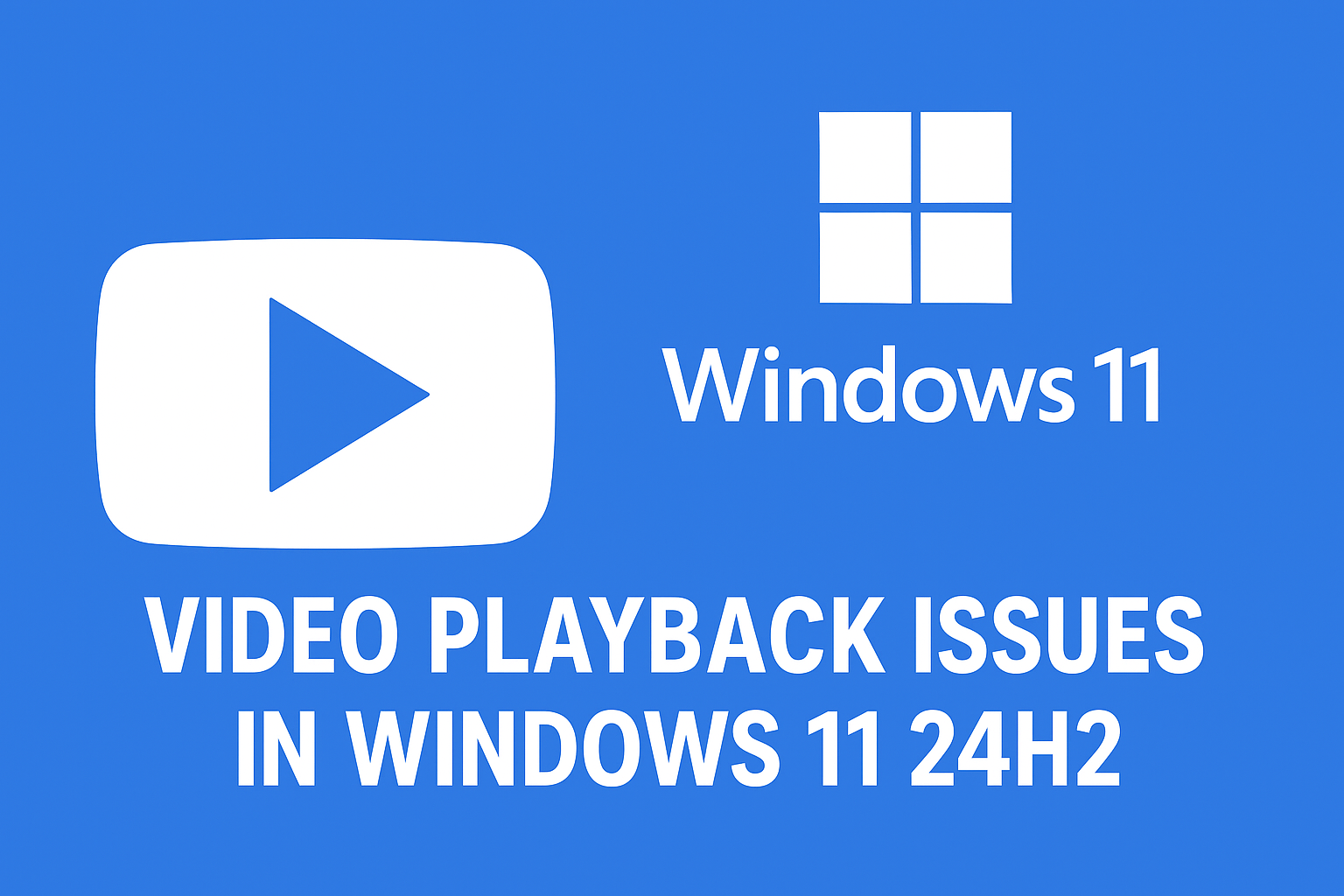
Top Benefits of HR Management Software
HRMS
In today’s fast-paced business environment, managing human resources efficiently is crucial for organizational success. HR management software (HRMS) has become an indispensable tool for businesses of all sizes, automating processes, improving productivity, and enhancing employee satisfaction.
This article explores the key benefits of HR management software and why your business should consider implementing it.
1. Streamlines HR Processes
HRMS automates repetitive administrative tasks such as payroll processing, attendance tracking, and leave management. By reducing manual work, HR teams can focus on strategic initiatives like talent development and employee engagement.
Key Features:
- Automated payroll calculations
- Leave and attendance management
- Employee self-service portals
2. Enhances Recruitment and Onboarding
Finding and hiring the right talent is easier with HR software. It simplifies job posting, applicant tracking, and interview scheduling. Additionally, digital onboarding ensures new hires have a smooth transition into the company.
Key Features:
- Applicant Tracking System (ATS)
- Resume parsing and candidate screening
- Digital onboarding checklists
3. Improves Employee Performance Management
HRMS enables continuous performance tracking through goal setting, feedback mechanisms, and performance reviews. This fosters a culture of growth and accountability.
Key Features:
- 360-degree feedback
- KPI and OKR tracking
- Performance appraisal automation
4. Ensures Compliance and Reduces Risks
HR software helps businesses stay compliant with labor laws, tax regulations, and industry standards. Automated updates ensure that policies align with the latest legal requirements.
Key Features:
- Compliance tracking
- Audit trails and reporting
- Automated tax filings
5. Boosts Employee Engagement and Satisfaction
A well-implemented HRMS enhances communication, provides self-service options, and offers recognition tools, leading to higher employee morale and retention.
Key Features:
- Employee feedback surveys
- Reward and recognition programs
- Internal communication tools
6. Provides Data-Driven Insights
HR analytics dashboards offer real-time insights into workforce trends, helping businesses make informed decisions about hiring, retention, and productivity.
Key Features:
- Customizable reports
- Workforce analytics
- Predictive hiring trends
7. Saves Time and Reduces Costs
By automating HR tasks, companies reduce paperwork, minimize errors, and cut operational costs. This leads to higher efficiency and better resource allocation.
Key Benefits:
- Lower administrative costs
- Reduced manual errors
- Faster decision-making
8. Supports Remote and Hybrid Workforces
With cloud-based HRMS, businesses can manage remote employees seamlessly, ensuring smooth collaboration and productivity regardless of location.
Key Features:
- Cloud-based access
- Mobile HR apps
- Virtual attendance tracking
Conclusion
Investing in HR management software is a game-changer for businesses looking to optimize HR operations, improve compliance, and enhance employee experience. By automating routine tasks, providing actionable insights, and fostering engagement, HRMS empowers organizations to focus on growth and innovation.
Ready to Transform Your HR Operations?
Explore the best HR management software solutions today and take your workforce management to the next level!





















Post Comment